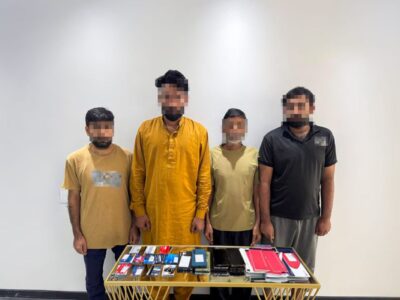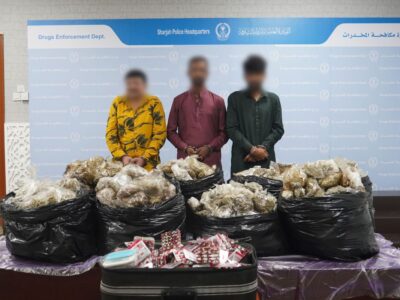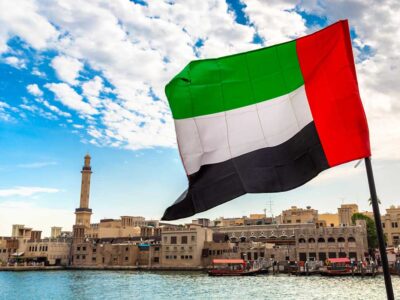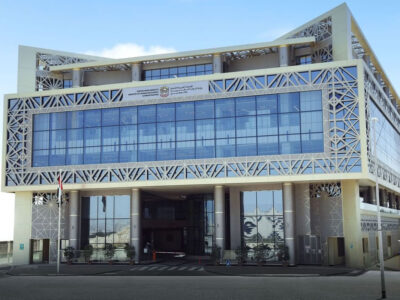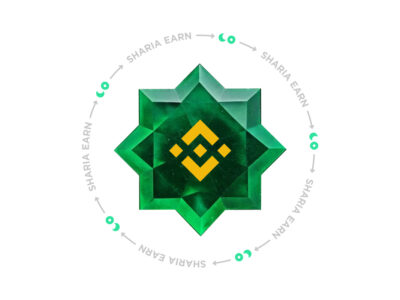With entrepreneurship on the rise in the Middle East over the past decade, an increasing number of women are starting and leading their own businesses. They have often had to overcome gender biases and traditional cultural barriers – a recent study indicates that 61 percent of women surveyed believe gender stereotypes have negatively impacted their business.
On a visit to Dubai last month, Pembe Al Mazrouei, Middle East chair of the 100,000 Women Campaign at the Cherie Blair Foundation for Women, talked about the foundation’s work in supporting the empowerment of women and entrepreneurship in the Middle East.
What are the challenges facing women entrepreneurs in the Middle East and how do they compare to global challenges?
Comparisons with global challenges usually throw up the simple fact that the same issues are everywhere, across cultures as well as countries and even continents. Despite a relatively privileged upbringing, I experienced gender bias and gender stereotyping myself when I decided to take not one, but two degrees, at the University of London. I then ended up leaving my Turkish-Cypriot family network in London to set up a theatre company and travel across Europe with it, which was a big shock for my family.
One of the things I feel most passionately is that the Cherie Blair Foundation for Women gives aspiring business owners the confidence to believe that there is nothing to stop them from achieving their dream. And crucially, by putting talented aspiring entrepreneurs into pairs with mentors who have an appropriate skill set through the foundation’s Mentoring Women in Business programme, the foundation provides the tools with which to make these dreams a reality.
We have delivered on-the-ground and online programmes directly to woman entrepreneurs in UAE, Palestine and Lebanon over the last ten years. The foundation has created an ecosystem of training, technology, mentoring and networking.
The Nablus Women Entrepreneurs project in the northern West Bank of Palestine has supported craftswomen with viable sustainable businesses through product development expertise while our Jerusalem Women Entrepreneurs project enabled business expansions by Jewish and Arab women across the city.
However, the foundation acknowledges that we don’t have all the answers. That’s one of the reasons why I’ve done this interview. We know that we need partners on the ground and online. We’re always looking for allies. We can’t do this alone, and we want support from, and collaboration with, other organisations.
I’m delighted to be talking to you straight after an extraordinary presentation and seminar that I delivered on behalf of the foundation at the Dubai Expo. My colleague Nighat Awan OBE, Asia Chair of the Global Campaign Board, and I were giving speeches on behalf of the foundation and soon realised that we were talking to people from all over the world. ‘Diversity’ was the word that came to mind.
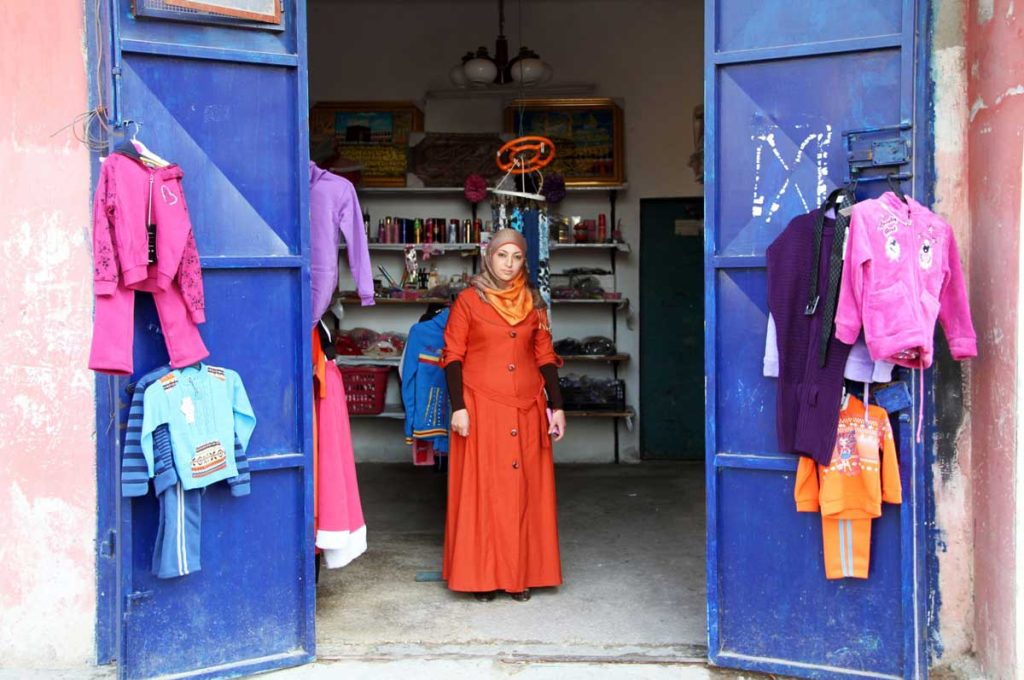
Data gathered on behalf of the foundation from 221 women entrepreneurs in 42 low and middle-income countries this summer illustrates the gender stereotypes that prevail. Seventy percent of women entrepreneurs surveyed said that gender stereotypes have negatively affected their work as a business owner.
More than six in 10 of those surveyed (61 percent) believe that gender stereotypes impact their business growth, and almost half (49 percent) said that stereotypes affect profitability. Over half of the women entrepreneurs surveyed (56 percent) said that social approval or disapproval of different careers played a role in their choice of career. One of the more commonly reported stereotypes was that almost half (49 percent) of respondents reported that relatives or friends had told them to focus more on family.
Could you tell us more about the Cherie Blaire Foundation for Women and the 100,000 Women campaign?
A leading Queen’s Counsel, wife of the former British Prime Minister and committed campaigner for women’s rights, Cherie set up the foundation in 2008 to help women build small and growing businesses in low and middle-income countries so that they can contribute to their economies and have a stronger voice in their societies.
The Cherie Blair Foundation for Women is committed to eliminating the global gender gap in entrepreneurship and creating a future where women entrepreneurs thrive. Since its inception, it has supported more than 175,000 women to start and grow successful micro, small and medium-sized businesses in over 100 countries.

Working with partners all over the world, the foundation delivers on-the-ground and online programmes directly to women entrepreneurs, with a history of programmes in Palestine, Lebanon and UAE in the last 10 years. It’s entirely online, global Mentoring Women in Business programme matches woman entrepreneurs anywhere in the world with professional businessperson mentors for a year-long mutually beneficial relationship.
In January 2020, the foundation began advancing towards a new goal: to reach 100,000 more women in just three years, doing so by raising GBP10 million and working through a global network of partners and allies. The 100,000 Women Campaign was born.
The global campaign board for the 100,000 Women Campaign, for which I am the Middle East chair, serves to support the foundation to reach its goal of supporting 100,000 women entrepreneurs by 2023, through spreading the word about the foundation’s work in regions all over the world.
